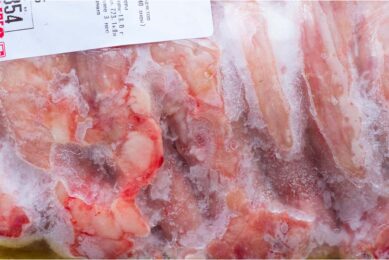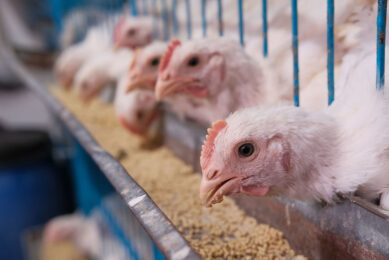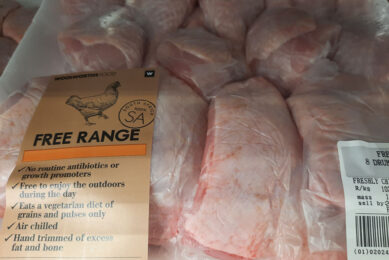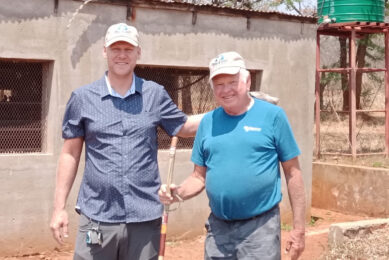Zimbabwe bans ‘genetically modified’ chickens from South Africa
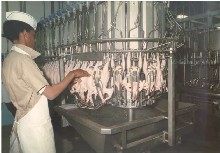
Zimbabwe has banned chickens and all poultry from South Africa, accusing it of supplying genetically modified poultry. South Africa quickly dismissed the claim that chickens from there were genetically modified, the local newspaper The Zimbabwe Guardian reported on Wednesday.
“The accusations by Zimbabwe that we are supplying genetically modified chickens are without substance,” says Kevin Lovell, the chief executive officer of the South Africa Poultry Association (SAPA). “There is no such thing as a genetically modified chicken anywhere in the world. Even if a person, a chicken, or a cow for that matter, eats genetically modified maize that does not make you genetically modified since you cannot change your own genes by eating food.”
Mr. Lovell accuses Zimbabweans of looking for excuses to avoid having to compete with the highly efficient and sophisticated South African poultry industry. “Prior to this action they had attempted to ban imports from South Africa through false claims of Rift Valley Fever being present on our chickens but chickens cannot get this disease,” says Lovell. “Then they suddenly changed their standards with regard to flavour enhancement and now that we have proved that we comply with the new standard they are looking for another excuse.”
Zimbabwe Poultry Association (ZPA) Chairman, Solomon Zawe, complains that South African producers are flooding the market, putting Zimbabwean producers out of work. “The industry could not recover fully while the chicken imports continued to flood the market,” says Zawe. “However, the ban has hit major South African importers who have now resorted to smuggling the imported chickens.”
The chief executive officer of the Zimbabwe-based Crest Poultry Group, Tapera Mpezeni, says Zimbabwe is addressing the issue. “Indeed, a short-term shortage of chickens has hit the market, but producers have already come up with a plan to solve the problem,” he says. “Major producers have augmented production by importing hatching eggs at a rate of about 500,000 per week. Combined with local production, the imported hatching eggs will increase day-old chicks production per week to 1 million.”
Lovell sees nothing but irony in that plan. “The irony of the matter is that we still supply lots of fertile eggs and day old chicks to Zimbabwe as they do not have enough of their own,” says Lovell. “So if our adult chickens are genetically modified as the Zimbabweans are saying that they are then so are their own chickens!” Lovell says that the South African Poultry Association is now taking the issue to the South Africa’s foreign ministry. “Our industry will be taking this matter up at the highest level as we do not believe that Zimbabwe really wants to do things that will affect a long standing good relationship between our two countries,” he says.




